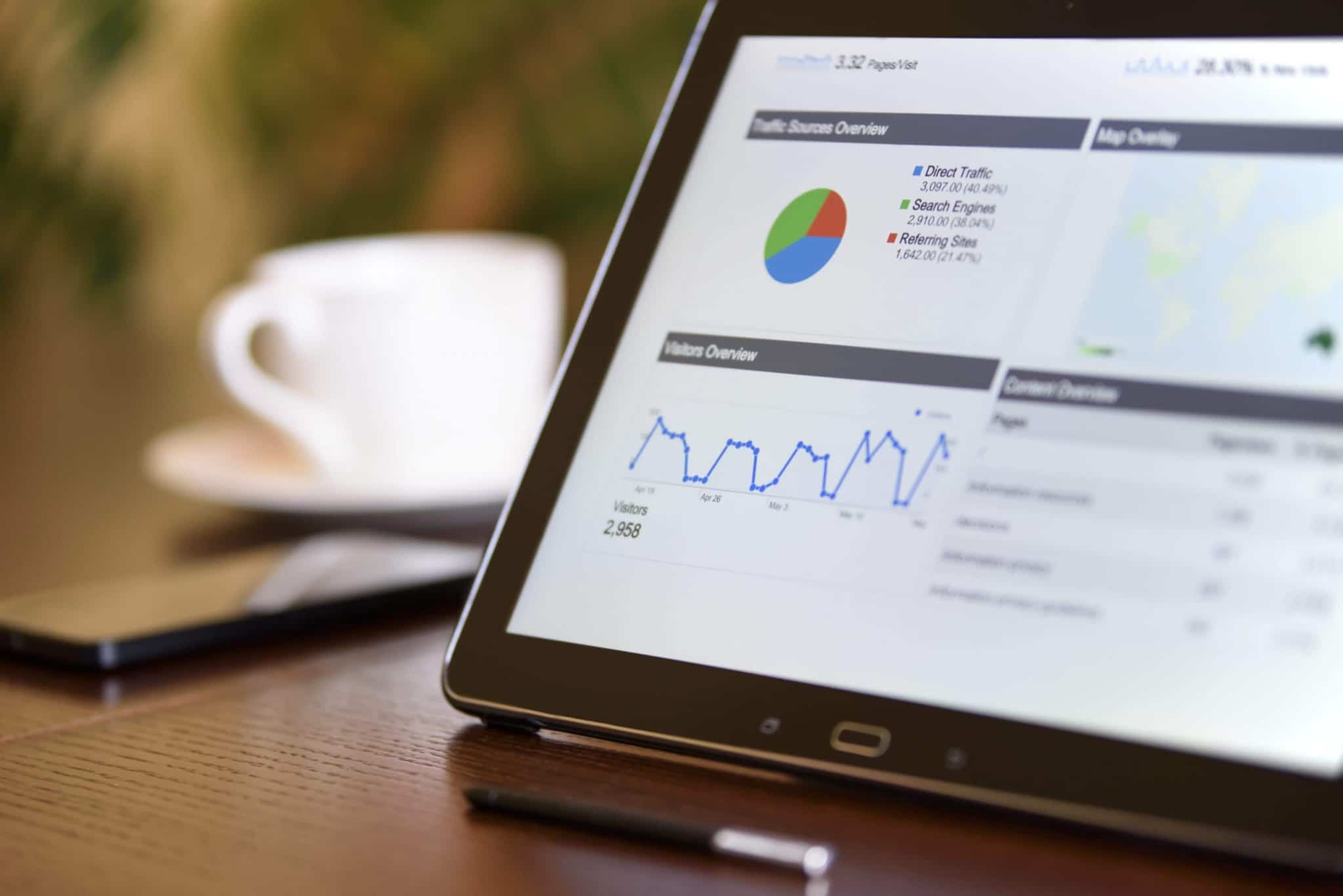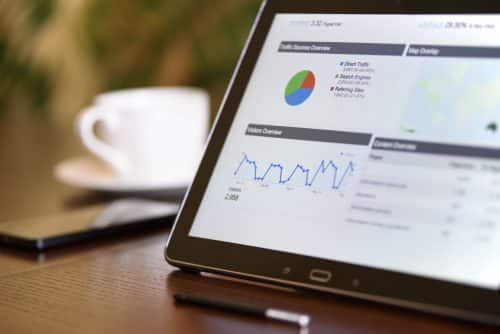Damn the Facts: The "Ebook Sales Are Down" Narrative Must be Maintained at All Costs

The UK Publisher Association released its annual report on industry revenue, and once again the media is selectively reporting the publicly available stats in support of the narrative that ebook sales are declining.
I have the press release at the end of this post, and I won’t be rehashing it. But I will point out the problem in the stories reported by The Bookseller, The Guardian, and The Telegraph.
If you read the various reports you will learn that print sales up by 8% to £3 billion while ebook sales were down 3% in the UK last year, to £538 million. You would also find out that consumer ebook sales dropped 17%, to £204 million, in 2016.
Both of these stats are true, but not one of the stories linked to above will tell you the information you need to put those two factoids in context.
What they did not tell you was that data from the pseudonymous Data Guy pegged the UK ebook market at £327 million in consumer sales last year. (This is based on the February 2017 data, so it is imperfectly reliable.)
Yes, the UK PA is only tracking about 62% of the market, and yet everyone (with the exception of The Bookseller) is treating it like it is the whole of market.
Furthermore, they also neglected to report that the UK PA had stated that total digital sales were up 6%, to £1.7 billion. (Everyone ignored a similar increase last year as well.)
Everyone is ignoring the larger trend of growth in digital sales so they can report that ebook sales are down.
Damn the facts; the narrative must be maintained at all costs.
O O O
Press release:
Figures released today by the Publishers Association shows that 2016 was a record breaking year for the publishing industry with sales of books and journals reaching £4.8bn, their highest ever level.
The increase in sales of 7% on the previous year is the largest growth in a decade, when in 2007 digital was first included.
Industry growth has been fuelled by success both home and abroad, with export sales rising by 6% to £2.6bn and now responsible for 54% of total revenues.
Highlights include:
- Overall digital sales up 6% to £1.7bn despite a continuation of the drop in eBook sales down 3%
- Physical sales up by 8% to £3bn on last year rising to the highest level since 2012
- Europe remains the largest export market accounting for 35% of exports
Chief Executive of the Publishers Association, Stephen Lotinga, said:
“UK Publishing is a world leader and these figures confirm that the industry is flourishing due to the hard work and ingenuity of its superb publishing houses and workforce.
“All of us have at some point in our lives enjoyed the work of a great author, used a high quality textbook, or benefitted from the sharing of academic literature and that is only possible due to the continued success of the publishing industry.
“Whatever the makeup of the new government, they must ensure that any post-Brexit trade settlement it reaches with the EU and other countries reinforces this continued success.”
ENDS
Notes to Editors
What has fuelled the increase in exports?
The strength of exports sales is particularly apparent within academic and research publishers.
Export figures for learned journals collected for the first time show 87% of revenues coming from exports.
However, many other areas of publishing have also seen substantial increases in their exports:
- Exports of children’s books increased by 34% to £116m
- Publishers of primary and secondary learning materials saw export sales rise by 11% to £144m, with digital exports increasing by 136%
- Non-Fiction exports were up by 10% to £264m
- Sales to East and South Asia were up 10% to £231m
- Growth returned to North America with sales up 19% to £136m
What is happening with digital sales?
Digital sales also substantially increased in 2016 reflecting the significant investment publishers are making in new technology.
Overall digital sales increased by 6% to £1.7bn and account for 35% of total revenues.
The figures also show:
- eBook sales were down by 3% to £538m continuing a trend seen for the first time last year. This was in large part down to a 17% drop in the total consumer eBook market to £204m
- Total consumer audio downloads continued to perform well up by a further 28% to £16m
- Total sales of academic/professional digital books were up by 6% to £277m
What’s the state of play with consumer publishing?
Overall consumer publishing performed well, rising by 5% to £1.8bn.
- This was fuelled in large part by a return to growth for children’s books sales which increased by 16% to £365m
- Non-fiction sales also rose by 9% to £884m
- Fiction sales fell by 7% to £525m meaning the category has now dropped by 23% since 2012 signifying a continued shift in consumer spending.
What’s the state of play with educational publishing?
Overall educational publishing was up by 5% to £336m
- While domestic sales saw a modest increase of 1%it was a strong rise in exports of 11% which drove overall growth
- Exports were particularly strong to East and South Asia, up 27%, and South and Central America, rising 34%
- Although digital remains a small proportion overall of educational publishing sales, it saw an increase of 25% in 2016
What’s the state of play with academic publishing?
Overall academic and professional publishing was up by 10% to £2.4bn
- Publisher sales of academic and professional books rose 9% to £1.1bn
- Total income from journals rose 10% to £1.2bn
- Share of journal income from subscriptions fell to 79% while income from Open Access article processing charges increased by 46% to £81m


Comments
Martha Conway April 28, 2017 um 9:07 pm
Thanks, Nate — this is so interesting! What’s the difference between "ebook sales" and "total digital sales" – ? Also, do you know what category of ebook sales (if any) is being ignored, or is it just a messy 62% of the whole?
-Martha
Thomas April 29, 2017 um 11:29 am
"Total Digital Sales" probably includes single-book apps and maybe audio books sold online.
The category not being included is ebooks without ISBNs, usually. Mostly self-published books, possibly also Amazon imprints.
Martha Conway April 29, 2017 um 2:16 pm
Thank you!
No, CNN, eBook Sales Have Not Plunged Nearly 20% | The Digital Reader May 1, 2017 um 1:22 pm
[…] many sites misinterpreted last week's annual report from the UK Publisher Asociation, CNN went above and […]
Digitala bok- och biblioteknyheter, v17: Surt, sa förlagen om e-boksförsäljningen – Boken år noll May 2, 2017 um 3:35 am
[…] Digital Reader: Damn The Facts, The ”Ebook Sales Are Down” Narrative Must Be Maintained At All Costs. Påpekar återigen att de storförlag som siffrorna bygger på långt ifrån utgör hela […]
Digital Reader blogger tries to get at the real facts about ebook sales | JPROF.com May 25, 2017 um 8:45 am
[…] Source: Damn the Facts: The “Ebook Sales Are Down” Narrative Must be Maintained at All Costs | T… […]
Children Turn Their Backs on eBooks as 'Screen Fatigue' Takes Hold, And Other Fictions | The Digital Reader September 10, 2017 um 3:56 pm
[…] starters, the sales stats cited by the Guardian do not reflect the entire UK book market. As I have previously reported, the PA is only tracking about 62% of ebook sales in 2016, and so to claim that "ebook sales fell […]